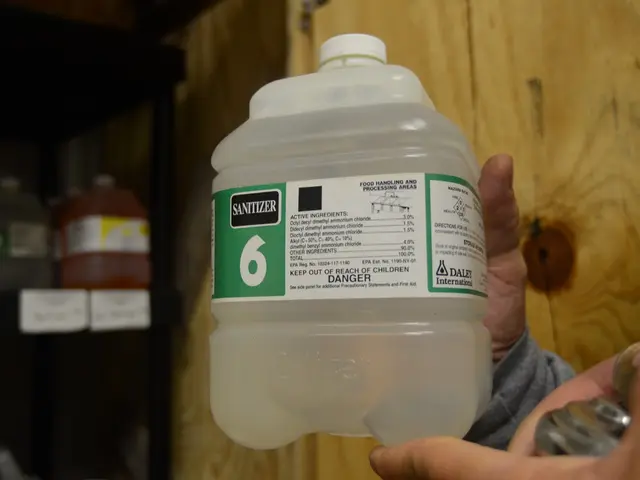Military pay increases and family separation allowance rise under the proposed House defense bill
In the ongoing debate over the 2026 defense policy bill, significant differences have arisen between the House and Senate versions, particularly with regards to pay increases, family separation allowances, and acquisition process reforms.
Both the House and Senate versions support a 3.8% base pay increase for military personnel in 2026, in line with the Employment Cost Index. However, the Senate bill stands out for its provisions addressing family separation allowances and related military family support programs, which are less emphasized in the House version. This suggests that the Senate may provide more robust or expanded support for families facing separation.
The Senate's bill also contains extensive acquisition reforms, including clarifications on procurement prohibitions related to materials from certain countries, independent studies on the DoD acquisition workforce, programs to expedite supply chain illumination, and many other initiatives designed to streamline and modernize defense acquisition processes. In contrast, the House bill adheres more closely to the Pentagon’s original budget request and is less expansive on acquisition reform specifics.
Meanwhile, both versions of the bill focus on improving the quality of life for service members and their families. The House bill, like the Senate's version, seeks to reform the Defense Department's slow acquisition processes, and it also proposes expanding an Army pilot program across all military services to make it easier for service members living in unaccompanied housing to access food.
Other notable provisions in the Senate bill include a study to explore new ways to calculate the Basic Allowance for Housing rate to better reflect regional market trends, a pilot program on child care worker compensation, and expanded mental health services for the Cyber Mission Force. The House version of the bill requests $848 billion, while the Senate requests $878.7 billion.
As the two bills move to conference, these differences will be key points for negotiation. The House Armed Services Committee has already passed its version of the 2026 defense policy bill, which includes a 3.8% pay bump for service members. The Child Care in Your Home Pilot Program for military families will be extended through December 31, 2029, and the travel reimbursement threshold for specialty care appointments is lowered from 100 miles to 50 miles.
The 2025 defense policy bill increased the income eligibility threshold for the basic needs allowance from 150% to 200% of federal poverty guidelines. The legislation is building on a series of quality-of-life efforts that started under last year's NDAA.
A separate appropriations bill is needed to fund the defense legislation. The House Appropriations Committee has advanced 2026 spending legislation for Agriculture, Defense, Homeland Security, and Legislative Branch bills.
For more information on these recent changes in the federal government, contact Anastasia Obis at anastasia.obis@ourwebsite or on Signal at (301) 830-2747.
- The Senate's version of the 2026 defense policy bill, unlike the House version, proposes a reimagined workforce for the federal workforce, including independent studies on the DoD acquisition workforce, education-and-self-development programs, and technology-driven initiatives, aimed at streamlining and modernizing defense acquisition processes.
- Amidst the proposed education-and-self-development programs, the Senate bill also includes an expansion of mental health services for the Cyber Mission Force and a pilot program on child care worker compensation, demonstrating a commitment to diverse sectors, including sports and family welfare.




